The "Healthy" Mistake: 7 Foods That Are Secretly Wreaking Havoc on Your Kidneys
We all want to do right by our bodies—whether that's choosing fruit over candy, reaching for a granola bar instead of a pastry, or sipping a beverage that promises hydration and electrolytes. It's a little surprising, then, to discover that some favorite "healthy" foods may not be as friendly to our kidneys as we believe. The truth is, our kidneys work quietly in the background all day, filtering out waste and balancing minerals to keep us feeling well and energized. But the small choices we make—what's in our lunchbox, what's in that glass—can add up over time.
1. Fruit Juices (Especially “Natural” Varieties)
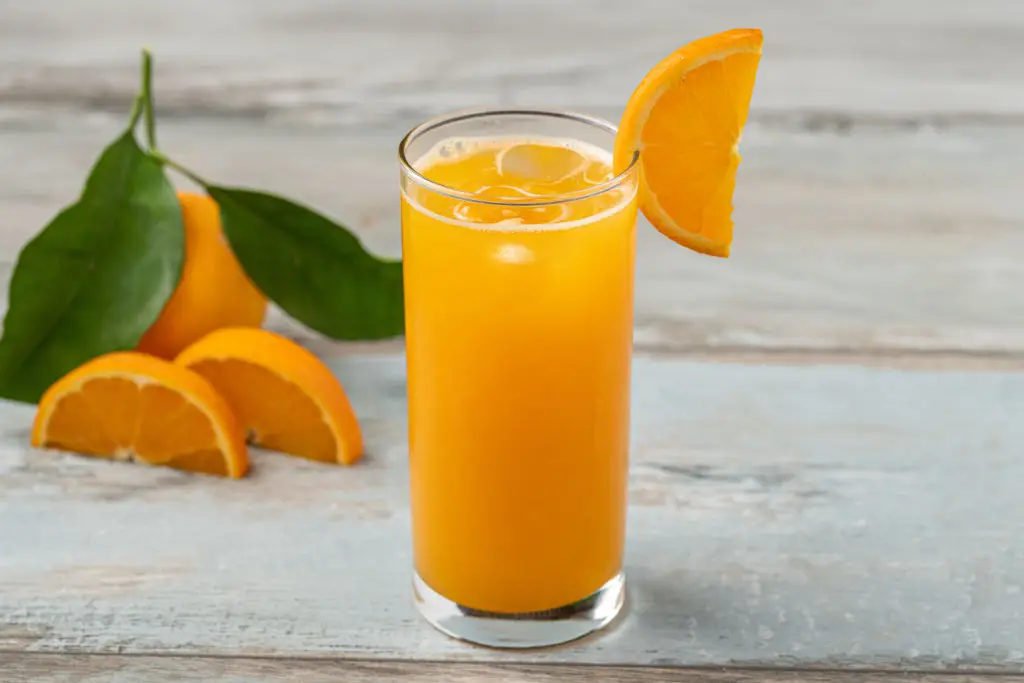
A colorful glass of fruit juice often seems like the definition of healthy refreshment. But even the most natural and organic varieties hide a secret: they pack more sugar per serving than most people realize. Much of that sugar comes in the form of fructose, which can be challenging for kidneys to process, especially over time. Many commercial juices—even those labeled “no added sugar”—still concentrate the natural sugars found in fruit. This means that a single cup might deliver the sugar equivalent of several whole pieces of fruit—and none of the filling fiber that slows absorption and benefits digestion.
2. Sports and Electrolyte Drinks
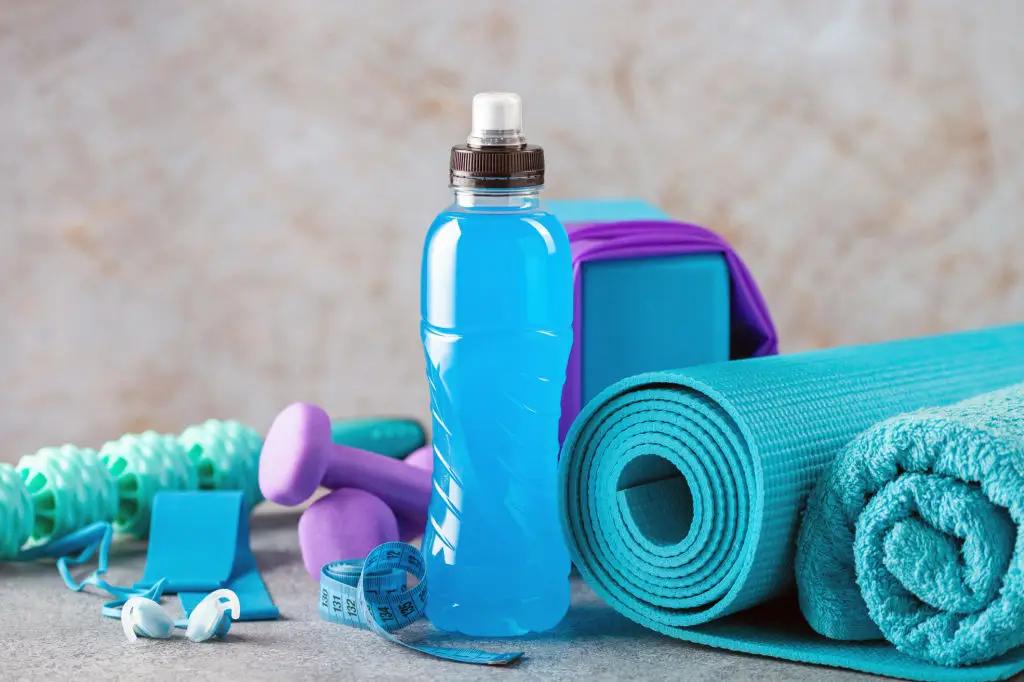
When you’re thirsty after a workout or a long day, grabbing a brightly colored sports drink can sound like the healthiest choice. These drinks are often marketed as hydration heroes, promising to replace lost electrolytes and boost recovery. The catch? Many formulas are loaded with added sugars, sodium, and synthetic flavorings—ingredients your kidneys don’t always thank you for. Too much sodium can drive up blood pressure, putting extra strain on the tiny blood vessels in your kidneys, while excess sugar (again, often in the form of high-fructose corn syrup) increases kidney workload.
3. Plant-Based Meat Alternatives
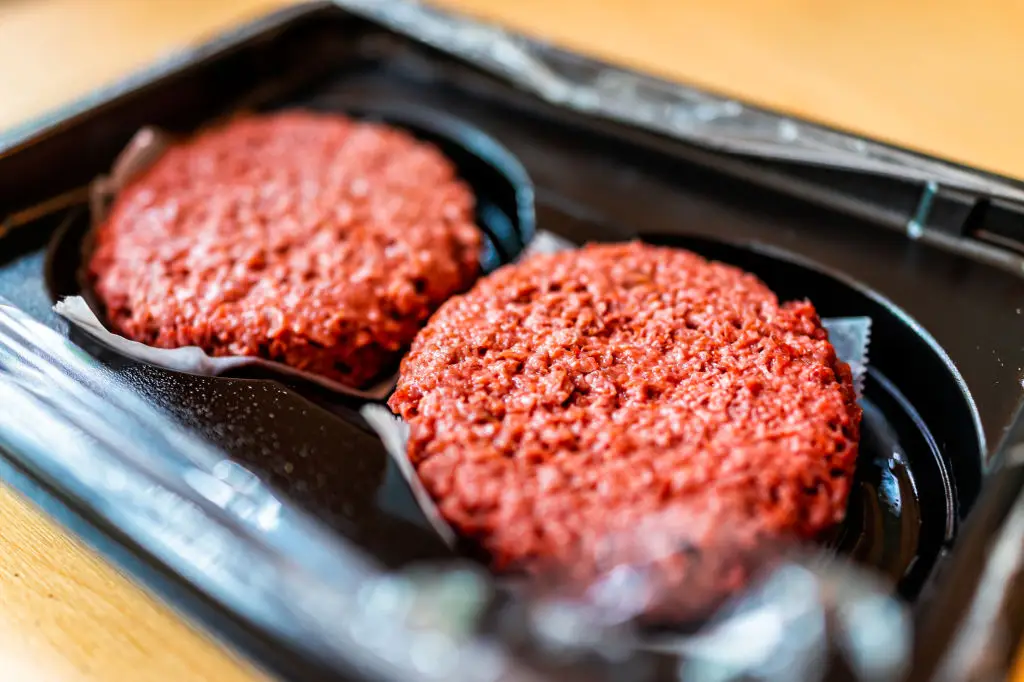
The rise in plant-based eating has inspired countless new options in grocery stores and restaurants. Many of these meat alternatives are praised for their heart benefits and reduced environmental footprints. But when it comes to kidney care, not all plant-based swaps are created equal. Popular burgers, sausages, and nuggets made from soy, peas, or other plants are often highly processed—and that means they can be surprisingly high in sodium, preservatives, and phosphates.
4. Whole Wheat or “Multi-Grain” Breads
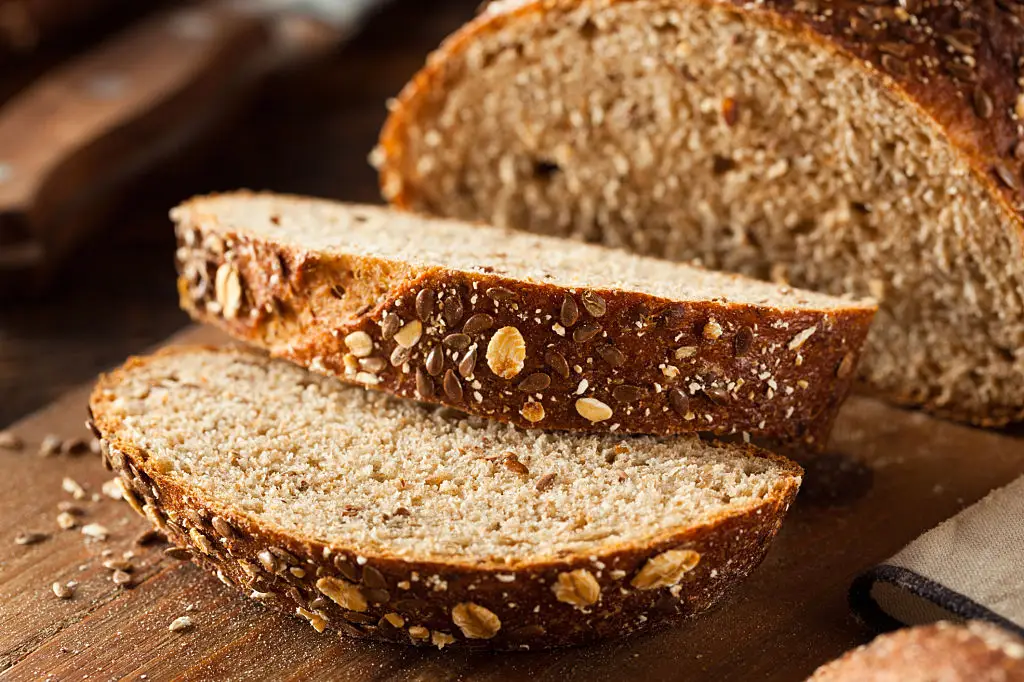
It’s easy to feel virtuous reaching for a hearty multi-grain or whole wheat slice over white bread. While whole grains offer more nutrition in many ways, many commercially baked “healthy” breads are made with added sodium and sometimes even phosphorus-containing additives for shelf life and texture. And not all “whole grain” claims hold up—some breads use refined flours with just a sprinkle of whole grains for marketing’s sake.
5. Dried Fruits
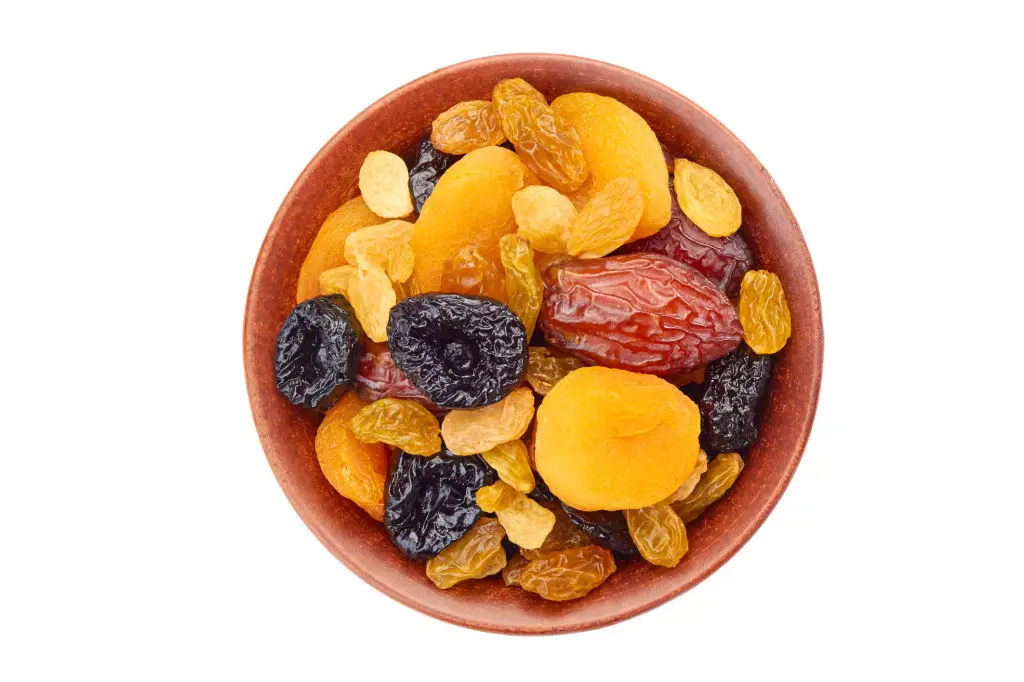
Dried fruits have long held a reputation as quick, healthy snacks—packed with fiber, vitamins, minerals, and natural sweetness. But all that concentrated nutrition comes at a price: dried fruits can also be loaded with naturally occurring sugar and potassium, two ingredients that can be challenging for already-strained kidneys. For those monitoring their potassium levels due to kidney function, treats like raisins, apricots, or dates may deliver far more of this mineral in one handful than several servings of fresh fruit.
6. Salted or Flavored Nuts
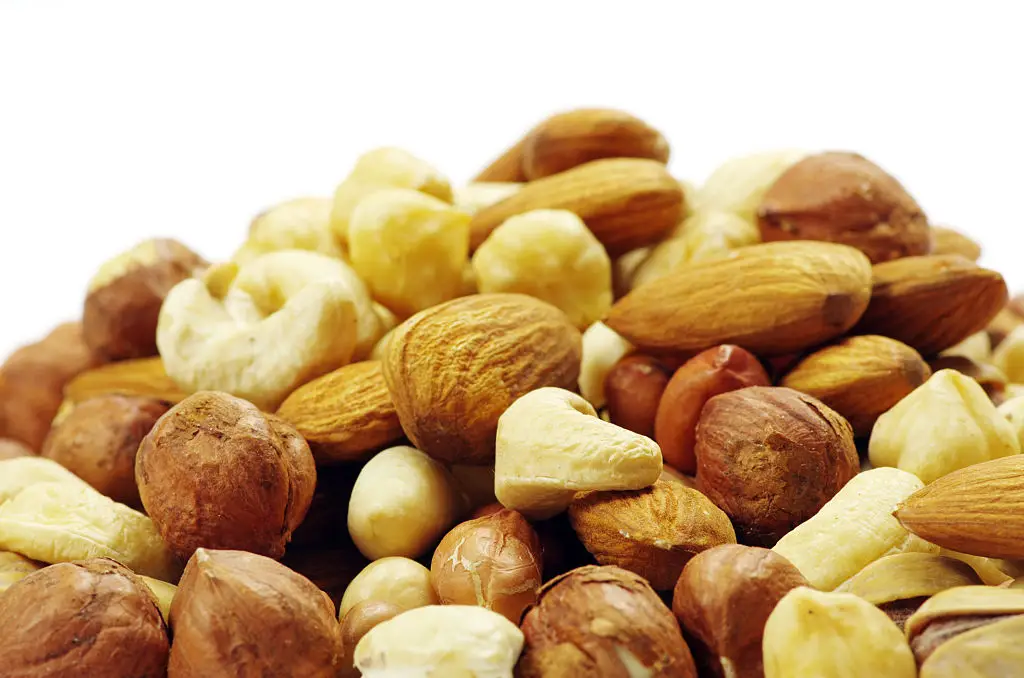
Nuts are a snack-time favorite for their healthy fats, plant-based protein, and satisfying crunch. But when nuts are coated in salt, spices, or other intense flavorings, that convenience can take a toll on your kidneys. The sodium content in just a small handful of commercial salted or flavored nuts can rival or beat that of a bag of chips, which can gradually raise blood pressure and contribute to kidney stress.
7. “Health” Snack Bars and Protein Supplements
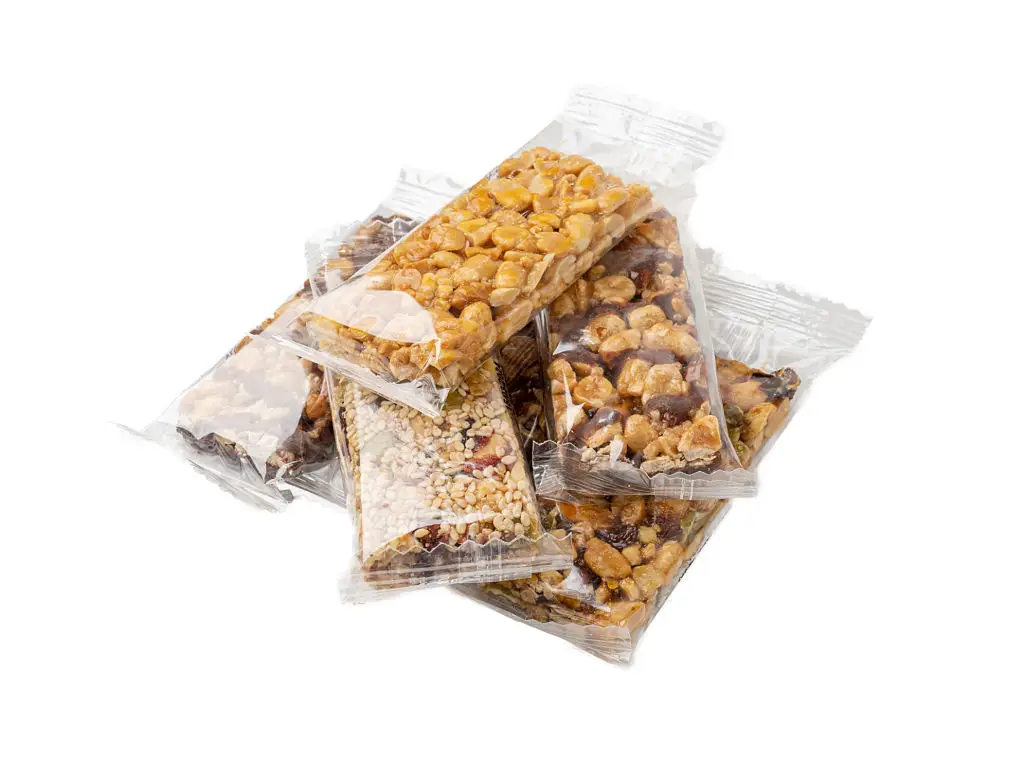
Protein bars and “healthy” snack bars line grocery store shelves promising quick, nutritious fuel. Some are genuinely useful in a pinch, but buyer beware: many are essentially candy bars with a wellness label, hiding high levels of added sugar, processed protein isolates, sodium, and synthetic preservatives. Some powders and bars also contain phosphorus-rich additives to boost flavor or texture—tricky for kidneys to handle.
Small Changes, Stronger Kidneys: Your Path Forward
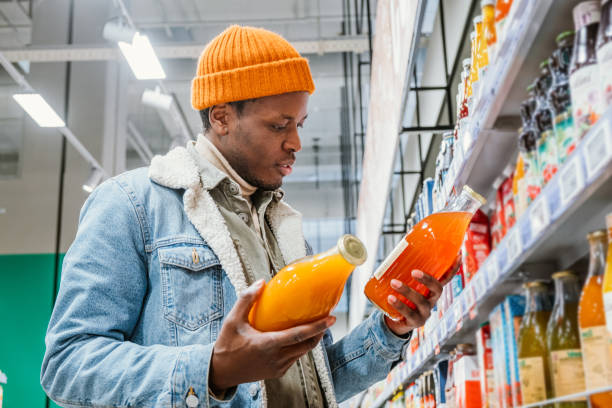
If you’ve felt a pang of surprise seeing your favorite “healthy” foods make this list, you’re far from alone. Choosing wellness can feel complicated when foods we trust turn out to challenge our health in ways we never expected. The beauty of kidney care, though, is that it’s never about perfection—it’s about progress, awareness, and the small, steady choices that honor our bodies’ needs.
